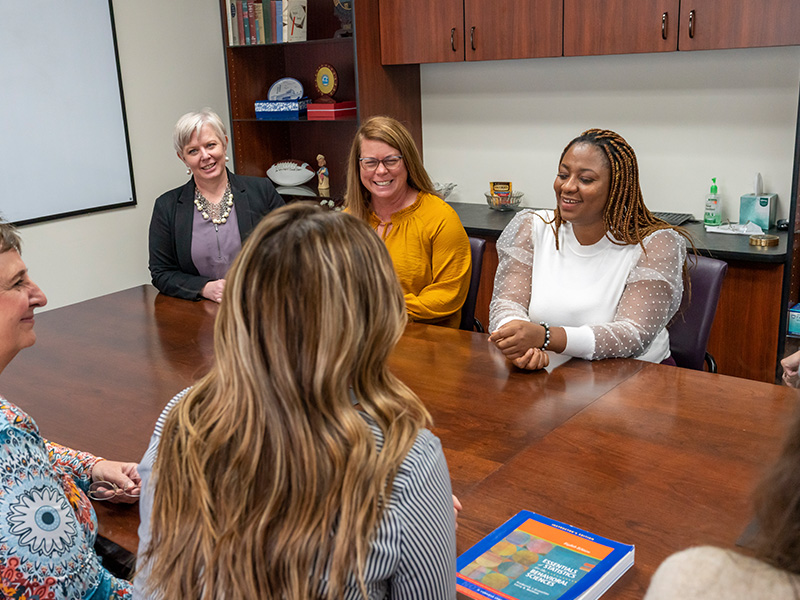WSU offers a Post BSN to DNP - FNP online and hybrid theory courses program. Numerous clinical settings are available for nurse practitioner preparation. Additionally, a DNP Project, a final scholarly project that demonstrates clinical scholarship, is also a program requirement and necessitates coming to campus for dissemination.
You will work closely with an advisor/faculty during the course of the program to facilitate your success. As with any doctoral program, you must be highly motivated to complete this program. It is work and time intensive.
See the WSU Catalog for individual course descriptions.

